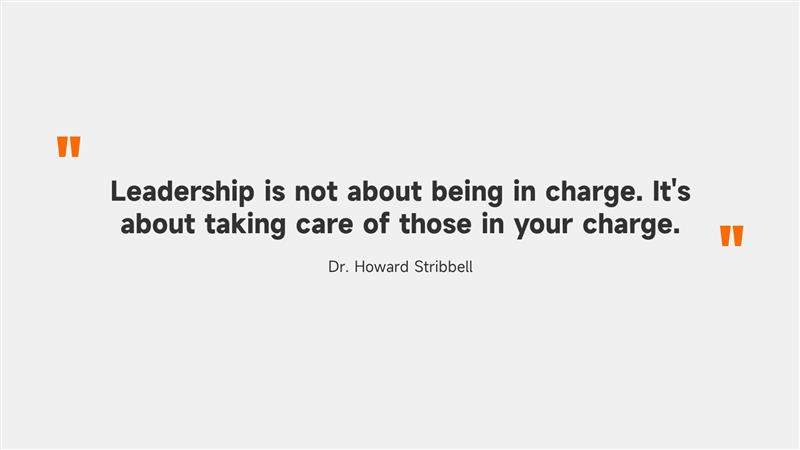Cultivating Covey’s Moral Compass in an Organization with Authentic Leadership
Covey emphasizes that a moral compass becomes most valuable during times of challenge, pressure, or uncertainty—the moments when external rules, expectations, or quick fixes fall short. It’s during these times that a leader’s and an organization’s core principles are truly tested.
But Covey doesn’t suggest that only leaders need a compass—he envisions organizations where every individual is guided by a shared, internalized set of principles. How does a leader cultivate a shared moral compass across an organization?
1. Clarify and Communicate Core Values
A leader must define and communicate the organization’s guiding principles—not just as posters on the wall, but as living truths that guide decision-making, relationships, and culture.
2. Model Integrity and Authenticity at the Top
People don’t just follow policies—they follow leaders. When leaders consistently act with clarity, vulnerability, and courage, they give others permission to do the same.
The leader’s character is the culture.
3. Empower Individual Ownership
Covey’s ideal isn’t blind conformity—it’s personal alignment. Leaders create environments where people are invited to reflect on their own values and connect them with the organization’s mission.
4. Align Systems with Principles
It’s not enough to preach values—the structures of the organization must reinforce them. Hiring, evaluation, recognition, and even discipline processes must reflect the organization’s principles. If we value empathy, we don’t tolerate leadership through fear.
5. Foster a Culture of Dialogue and Learning
A shared compass doesn’t mean perfect agreement. It means we’re committed to navigating challenges together, with humility, curiosity, and respect.
This requires regular, open conversations across all levels of the organization.
Connection to Authentic Leadership
Authentic leadership is rooted in self-awareness, values, and relationships—just like Covey’s principle-centered approach. When leaders live their truth and lead with purpose, they inspire alignment, not just compliance.
Both Covey and authentic leadership remind us:
• Trust is built through consistency and care.
• Courage means standing for what matters, even when it’s hard.
• Real change comes from inside-out leadership—from principle to practice, from character to culture.
A shared moral compass doesn’t just help an organization survive challenges—it helps it grow through them. In times of crisis, it’s not rules that guide us. It’s relationships, trust, and deeply held values.
So ask yourself:
• What are the non-negotiable values of your school or organization?
• How are they practiced—not just preached—at every level?
• Are you creating a culture where people lead from principle, not just position?



